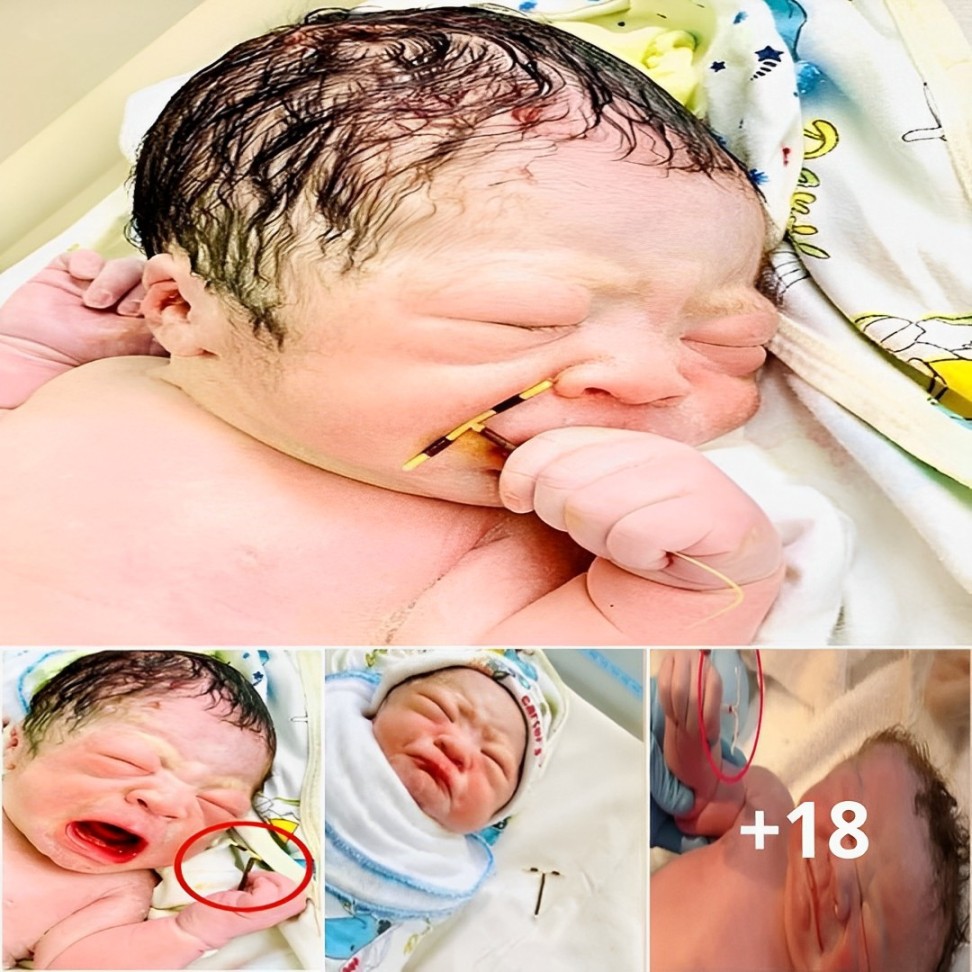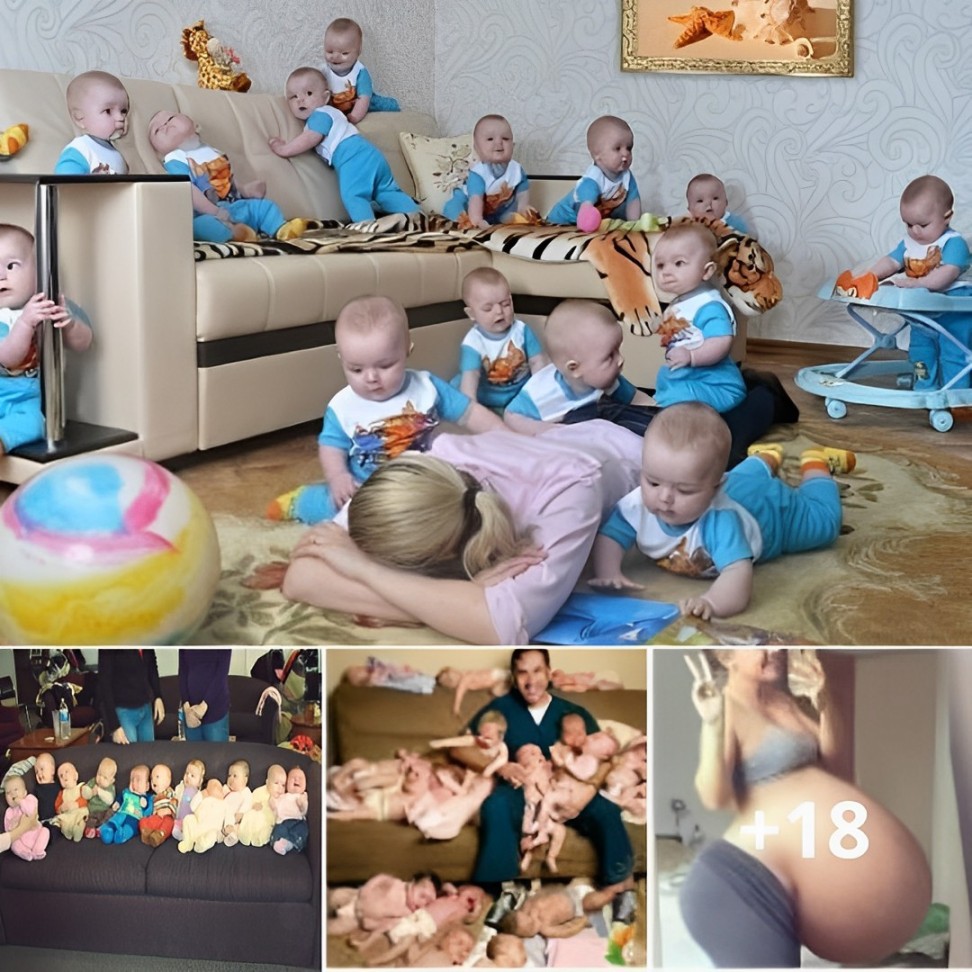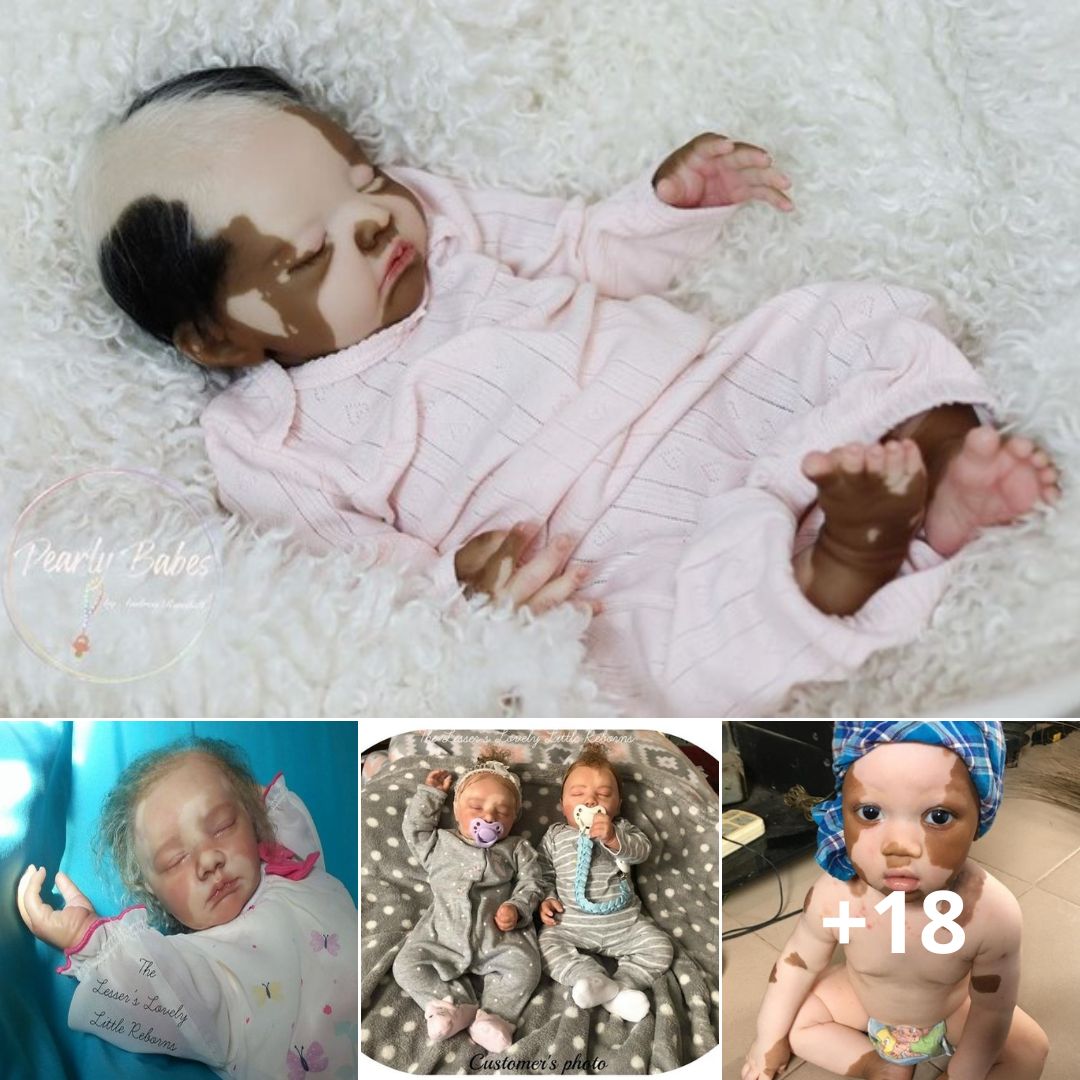Rajaram Rao playsfully tickles the cheek of one of his twin daughters by touching her face. On his face, you can see the wonder, happiness, and pride of a new parent showering his child with affection. Before bending over to his sibling, he carefully readjusts the baby’s blanket. It’s something he’s always wanted: to have his or her own child around to play with. It’s just that we didn’t get blessed with children until far over half our marriage had passed. I can’t wait until they’re old enough to play with them.

Erramatti Mangayamma, his resting wife, gazes fondly at their children. It was definitely worth it that they had to spend almost an entire year in an oрtа away from her hometown in the southern Indian state of Andhra Pradesh while she was pregnant. “No longer can anyone call me аrren or look down on me for not having children,” she continues, her voice vibrating with pride.
Due to the increased risks to both mother and child after the age of 40, most medical professionals set a cutoff age for IVF therapy somewhere around that mark. When Erramatti decided she wanted to start a family, she went to an in vitro fertilization clinic at the age of 72.


When they first met, she told them, “I’m 65 and I want to have a child through in vitro fertilization,” he said. ‘We found out the truth only after her husband and family umtted her school records, which indicated her birthday as September 1, 1946,’ Dr. Umashankar explains.
If lying about some details was what was took for Erramatti to get pregnant, so be it. Becoming a mother allowed her to achieve ааton not just in life, but also from the ocа tmа she faced from the people of her community.
She wanted to have a child so she could show to herself and to the world that she was a real woman in a culture where maternity is revered but where thousands of women in rural India are sometimes shunned for not having children.

Erramatti was rolled into surgery on the big day. Since her body was not prepared for natural childbirth, the medical staff chose to perform a C-section. After a three-hour labor, Erramatti gave birth to two healthy girls, and the attending physician rushed out to make the happy announcement.
“Even I didn’t believe it at first. It’s a medical miracle, Dr. Umashankar exclaims, his pride still audible in his voice.’Because of her age, we were ready for whatever might happen during the delivery. Unexpectedly, everything went off without a hitch.

They’ve never experienced being an outcast for not having children or hearing people pray for your death so that they might take your wealth. They have never had to comfort a wife who was just called a аrren lady during an ocа event, therefore they have no idea what it’s like. We were willing to put our lives on the line if it meant finally starting a family.
Rao has developed an optimistic outlook. I am finally going to fulfill my lifelong dreams.
Criticisms are plentiful. “Some people are blaming us for having children so late, but there were also a lot more people who were blaming us for not having children for decades. Ignoring them and basking in the glory that is fatherhood is his plan.

The group took into account concerns about the safety of the mother and fetus, the length of life, and the psychological and social support needed to raise a child to adulthood.
Erramatti says, with tears running down her face, “I thank God and the doctors who have made this possible.” “No one can call me sterile anymore,” she said.





